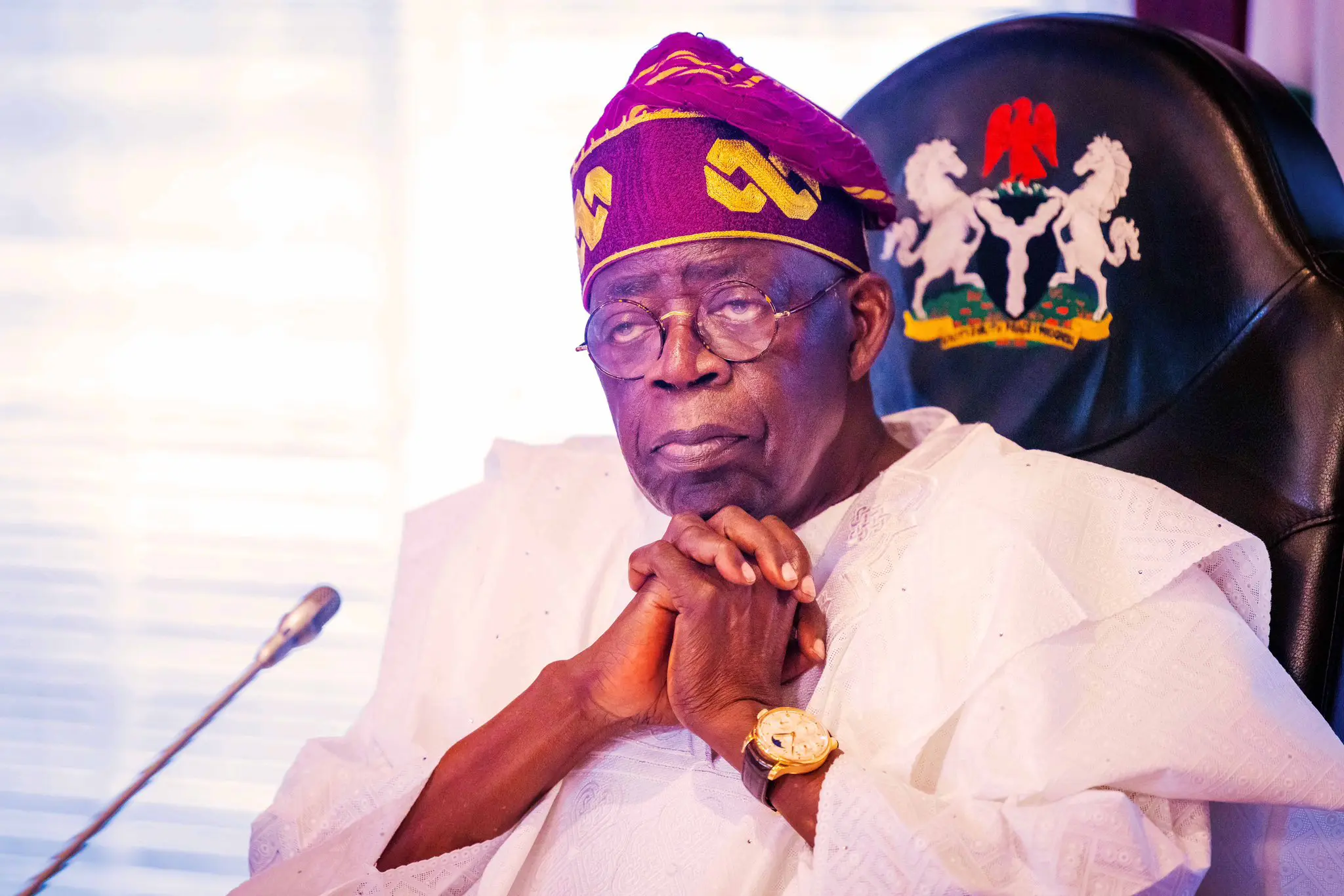By Fatima Muhammad Babamallam
Nigeria, Africa’s largest economy, is currently grappling with a severe economic downturn. Rising inflation, dwindling foreign reserves, and increasing unemployment have left millions of Nigerians struggling to make ends meet. The nation looks to President Bola Ahmed Tinubu for decisive leadership to bring about a positive change.
The Nigerian economy is battling significant hurdles. Inflation has skyrocketed, pushing the prices of essential goods like food, fuel, and medicine beyond the reach of ordinary citizens. As of October 2024, inflation stands at over 25%, the highest in years. This has caused severe hardship for families, many of whom can no longer afford three square meals a day. The removal of fuel subsidies earlier this year has also worsened the situation. While the government argued it was necessary to save funds, the immediate impact has been devastating. Transportation costs have tripled in some areas, making it difficult for workers and students to commute. Businesses, especially small and medium enterprises, are struggling to cope with rising operating costs, leading to widespread job losses.
Nigeria’s foreign reserves have dipped significantly, resulting in a shortage of foreign exchange. The naira’s value against the dollar has plummeted, creating uncertainty for importers and exporters alike. This has disrupted trade and led to shortages of essential imported goods, from machinery to pharmaceuticals. The informal economy, where millions of Nigerians earn their daily bread, has also been badly affected. With purchasing power eroded, many traders and artisans are experiencing record-low sales, threatening their livelihoods.
During his campaign, President Tinubu promised economic reforms that would lift millions of Nigerians out of poverty. While his administration has taken bold steps, including plans to diversify the economy and attract foreign investment, many citizens feel these measures have yet to yield tangible results. It’s time for President Tinubu to take urgent action. Nigerians are calling for policies that directly alleviate their suffering. Subsidy savings must be redirected toward initiatives that reduce the cost of living, such as affordable transportation schemes, food support programs, and investments in local agriculture to boost food production.
Additionally, stabilizing the naira and creating jobs through infrastructure development should be priorities. Transparency and communication are also essential to rebuild public trust, as many citizens remain skeptical of government reforms. While the government has a leading role, all Nigerians must contribute to economic recovery. Citizens, businesses, and civil society groups should collaborate to support local industries, promote innovation, and hold leaders accountable.
Nigeria stands at a crossroads. The current economic challenges demand bold and inclusive solutions. President Tinubu has the opportunity to leave a lasting legacy by addressing these issues head-on. Nigerians are hopeful but impatient, and the time for action is now.
Fatima Muhammad Babamallam is a student of the Department of Mass communication, University of Maiduguri, Borno State.

 Join Daily Trust WhatsApp Community For Quick Access To News and Happenings Around You.
Join Daily Trust WhatsApp Community For Quick Access To News and Happenings Around You.


